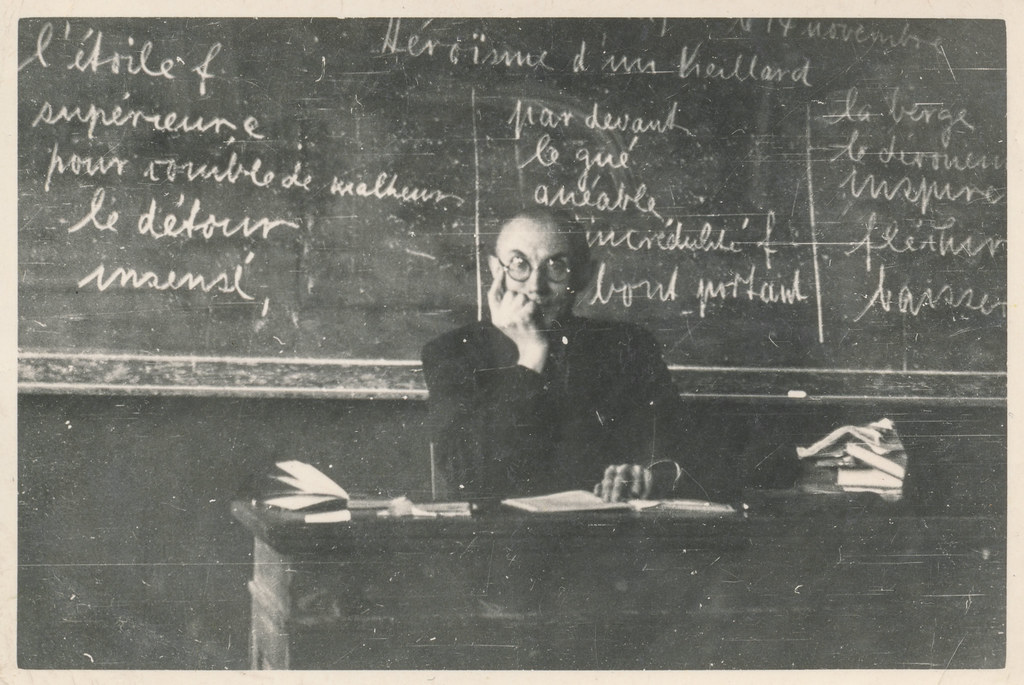During these uncertain and unprecedented times, several professors have changed their policies to adapt to a new virtual learning environment. Ethics professor Immanuel Cant, for example, has offered his students five-minute extensions on his weekly problem sets as a “generous accommodation.”
“I recently learned at a Faculty Senate meeting that not all students are privileged enough to access a stable internet connection or solely focus on school,” Cant said. “So naturally, I realized that the most ethical thing for me to do was give some type of extension. Obviously one week is too much time to ask for, so after much consideration and debate with my teaching system, I decided an extra 5 minutes was more than fair.”
However, certain Ph.D. students objected, noting that the professor in the Ethics in Society program had to be heavily persuaded to listen to students’ concerns.
“He quite literally didn’t want to provide a single accommodation,” said Ph.D. candidate Albus Camert ’21. “Ever since he got tenure, he’s been incredibly bold in challenging students’ requests. When we told him different students have different needs, he told us he only dealt with absolutes and that they simply should drop the class.”
Students in ETHICSOC 91 noted that as much as they’d “love to drop the class,” they could not as it was a mandatory WAYS requirement. One senior reported to The Daily that, unfortunately, this measly extension was the most accommodating she’s received thus far.
“I’m in EDUC 121 Exemplary Leadership in Education and the professor only agreed to drop our daily readings from 300 to 299 pages. So trust me, I’m not surprised at all,” said Sarah Fuller ’20. “I’m just glad this is the last class I have to take this quarter.”
Professor Cant wrote in an email to The Daily urging professors in other departments to be “accommodating as me. It’s quite easy once you shift the burden of the labor to your teaching assistants.”
Editor’s Note: This article is purely satirical and fictitious. All attributions in this article are not genuine and this story should be read in the context of pure entertainment only.
Contact Richard Coca at richcoca ‘at’ stanford.edu.
